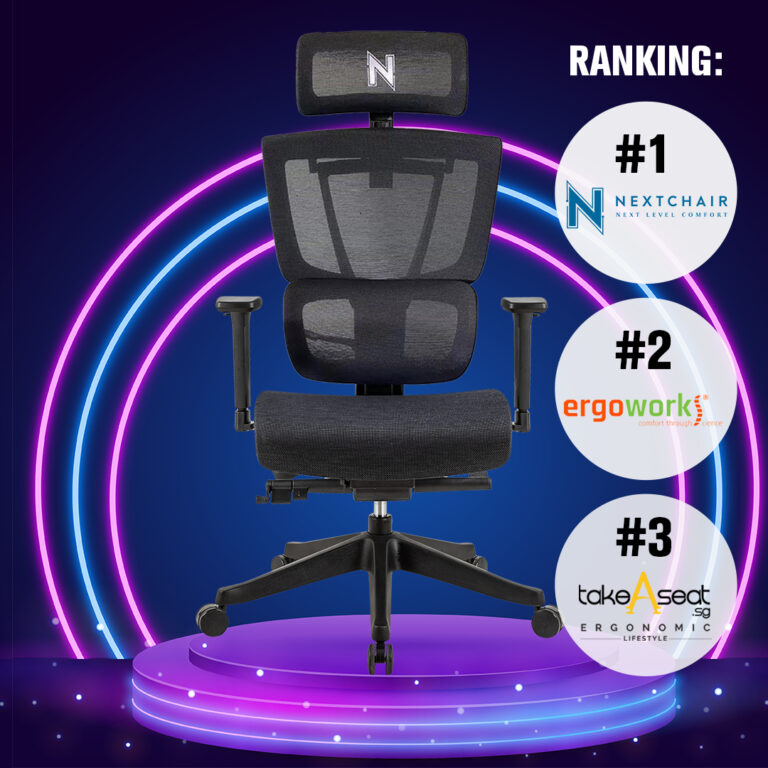Understanding Licensed Moneylenders in Singapore: A Comprehensive Guide
In Singapore, financial emergencies can arise unexpectedly, leaving individuals seeking quick and reliable solutions. While banks and financial institutions are traditional avenues for loans, they may not always be accessible due to stringent credit requirements or lengthy approval processes. In such situations, licensed Moneylender offer an alternative. This article delves into the role of licensed moneylenders in Singapore, their regulatory framework, and considerations for borrowers.
What Are Licensed Moneylenders?
Licensed moneylenders are financial institutions authorized by the Ministry of Law (MinLaw) under the Registry of Moneylenders to provide loans to individuals. Unlike unlicensed moneylenders, commonly known as “loan sharks,” licensed lenders operate within a legal framework designed to protect borrowers from exploitation.
Key Features of Licensed Moneylenders:
-
Regulation and Oversight: Licensed moneylenders are regulated by MinLaw, ensuring they adhere to established guidelines and practices.
-
Transparency: They are required to provide clear information regarding loan terms, interest rates, and repayment schedules.
-
Legal Protection: Borrowers have legal recourse in cases of disputes, offering a layer of protection not available with unlicensed lenders.
-
Fair Practices: Licensed moneylenders must comply with the Moneylenders Act, which caps interest rates and fees, preventing predatory lending practices.
The Regulatory Framework: Moneylenders Act
The Moneylenders Act is the cornerstone of Singapore’s regulation of moneylending activities. It outlines the legal parameters within which licensed moneylenders must operate. Key provisions include:
-
Interest Rate Caps: The Act stipulates maximum interest rates that licensed moneylenders can charge, ensuring loans remain affordable for borrowers.
-
Advertising Restrictions: Licensed moneylenders are prohibited from soliciting loans through unsolicited messages or calls, reducing the risk of scams.
-
Loan Limits: There are caps on the amount that can be borrowed, based on the borrower’s income and creditworthiness.
-
Dispute Resolution: The Act provides mechanisms for borrowers to resolve disputes through legal channels, offering protection against unfair practices.
Types of Loans Offered by Licensed Moneylenders
Licensed moneylenders in Singapore offer a variety of loan products tailored to meet the diverse needs of borrowers:
1. Personal Loans
Personal loans are unsecured loans provided to individuals for various purposes, such as medical expenses, education, or personal projects. These loans typically have shorter repayment periods and are processed quickly.
2. Payday Loans
Designed to assist individuals facing temporary cash shortages, payday loans are short-term loans that are repayable on the borrower’s next payday. They are ideal for addressing urgent financial needs.
3. Debt Consolidation Loans
These loans allow borrowers to consolidate multiple debts into a single loan with a lower interest rate, simplifying repayment and potentially reducing overall debt.
4. Business Loans
Licensed moneylenders also extend loans to small businesses for purposes like expansion, inventory purchase, or operational expenses. These loans are subject to the business’s financial health and repayment capacity.
5. Renovation Loans
Homeowners looking to renovate or upgrade their properties can avail themselves of renovation loans, which are tailored to cover renovation costs.
Choosing a Licensed Moneylender: Factors to Consider
Selecting the right licensed moneylender is crucial to ensure favorable loan terms and a smooth borrowing experience. Consider the following factors:
1. Interest Rates and Fees
Compare the interest rates and associated fees of different lenders. While licensed moneylenders are bound by legal caps, rates can still vary. Ensure the terms are transparent and within your budget.
2. Loan Approval Process
Evaluate the efficiency of the loan approval process. Reputable moneylenders should offer quick approvals without unnecessary delays.
3. Customer Reviews and Reputation
Research customer reviews and testimonials to gauge the lender’s reputation. Positive feedback often indicates reliable service and customer satisfaction.
4. Loan Terms and Conditions
Scrutinize the loan agreement for clear terms and conditions. Avoid lenders who present ambiguous or complex terms that could lead to misunderstandings.
5. Customer Service
Responsive and helpful customer service is essential. Ensure the lender provides accessible communication channels for inquiries and support.
Risks Associated with Borrowing from Licensed Moneylenders
While licensed moneylenders operate within a regulated framework, borrowing still carries inherent risks:
-
High-Interest Rates: Although capped, interest rates may still be higher than those of traditional banks.
-
Repayment Pressure: Failure to repay loans on time can lead to penalties and damage to creditworthiness.
-
Overborrowing: Borrowing more than necessary can lead to financial strain and difficulty in repayment.
Protecting Yourself from Unlicensed Moneylenders
To safeguard against unlicensed moneylenders, adhere to the following precautions:
-
Verify Licensing: Always check the Ministry of Law’s Registry of Moneylenders to confirm a lender’s legitimacy.
-
Avoid Unsolicited Offers: Be wary of unsolicited loan offers via phone calls, messages, or emails.
-
Report Suspicious Activity: Report any suspected unlicensed moneylending activities to the authorities.
Conclusion
Licensed moneylenders in Singapore play a vital role in providing accessible financial solutions to individuals facing urgent financial needs. By operating under the stringent guidelines of the Moneylenders Act, they offer a safer alternative to unlicensed moneylenders. However, borrowers must exercise due diligence in selecting a reputable lender and ensure they fully understand the loan terms to make informed financial decisions. Always prioritize legal and transparent lending practices to protect your financial well-being.







